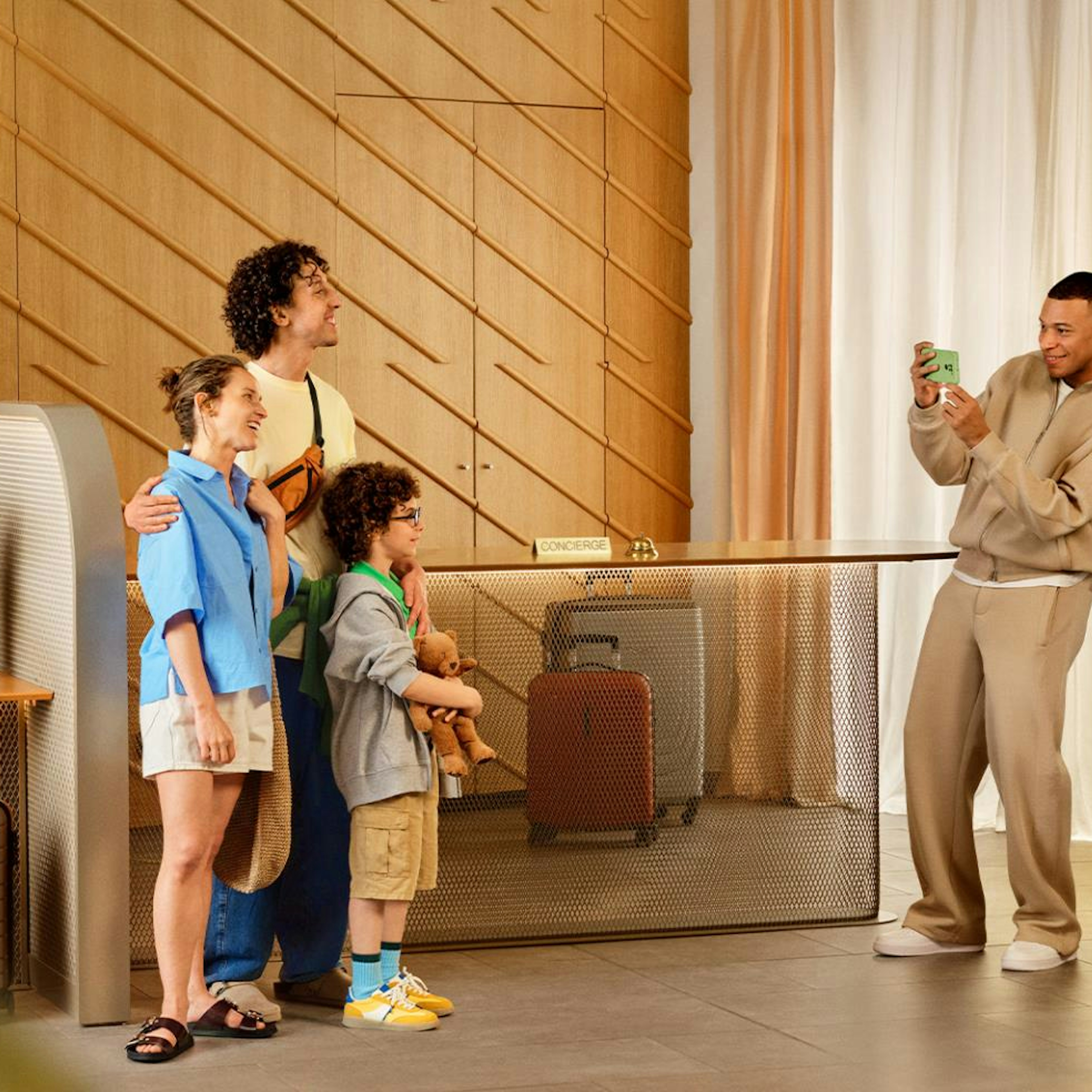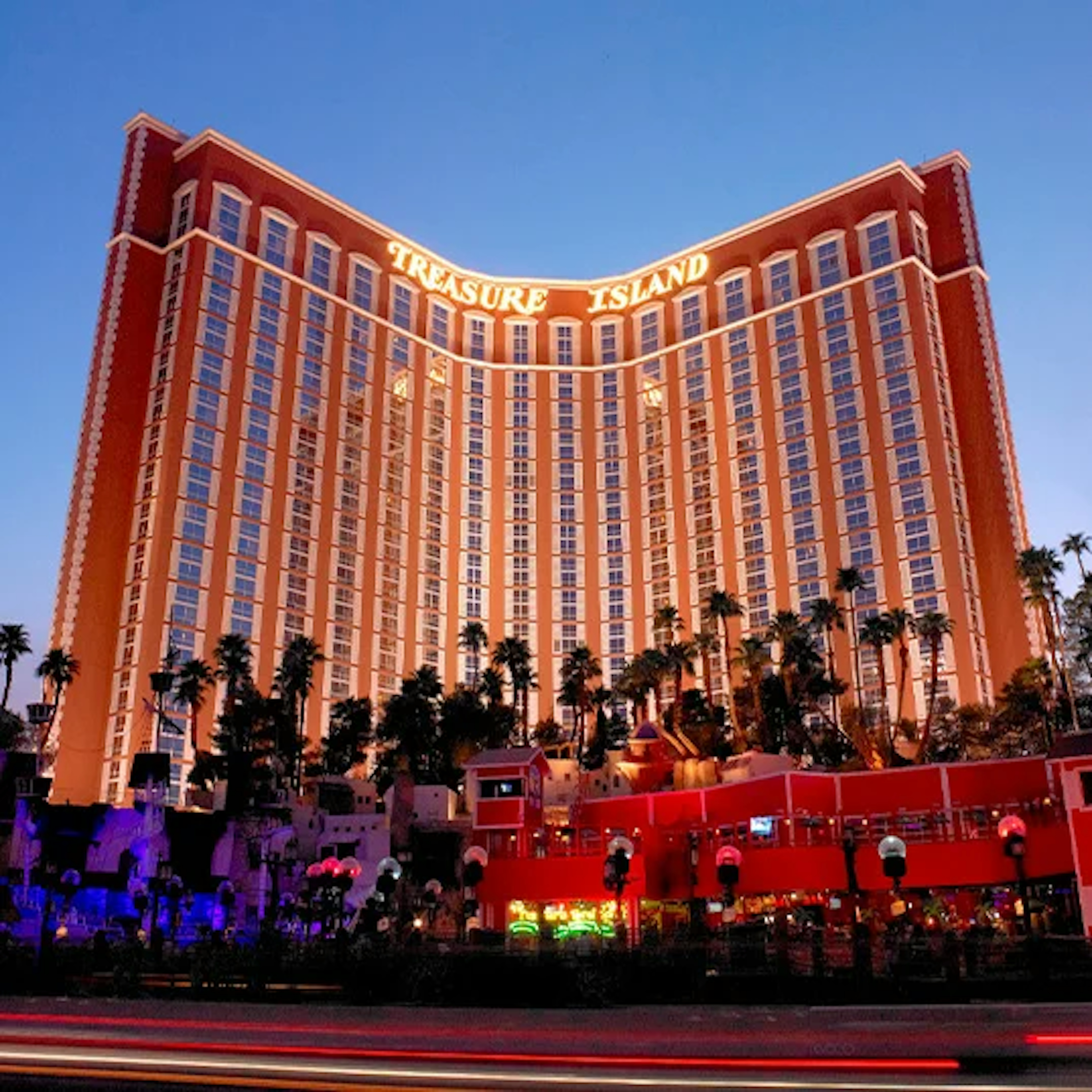Loyalty
09.05.2025
Accor’s Strategic Leap in Loyalty with Unified Paid Subscription Brand: ALL Accor+

Discover what’s shaping hospitality and how Accor is setting the pace
Loyalty
09.05.2025
Accor’s Strategic Leap in Loyalty with Unified Paid Subscription Brand: ALL Accor+

Loyalty
06.20.2025
Don’t Be a Guest, Be a Guest Star with ALL Accor

Group
07.31.2025
2025 Half-Year Results in Key Figures

Brands
07.23.2025
Accor Arrives on The Strip with Treasure Island – TI Las Vegas Hotel & Casino, Handwritten Collection
